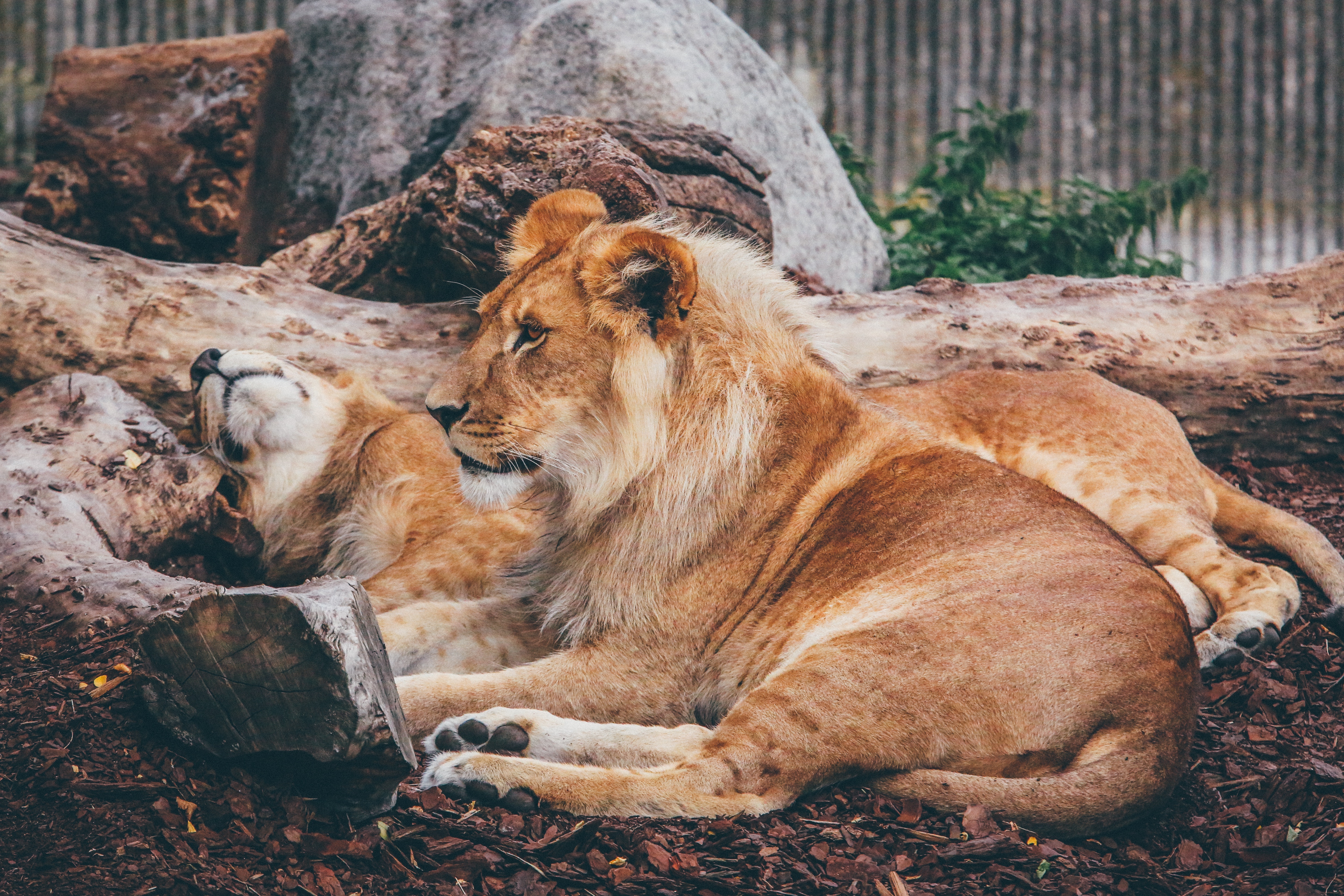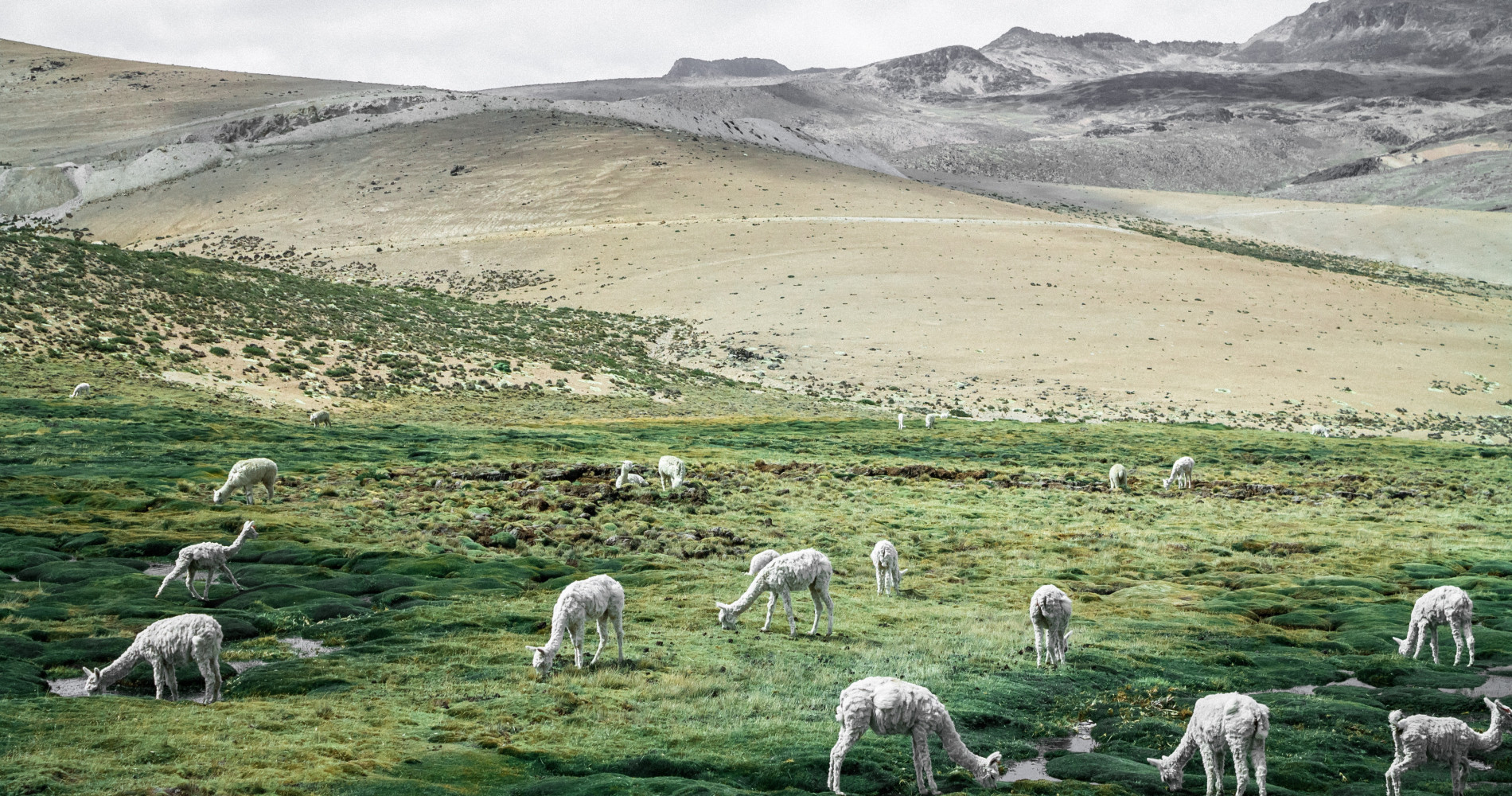Tourism has the ability to benefit wildlife, from generating much-needed funds to protect habitats or provide food, to raising awareness about endangered species and how they can be helped. Crucially, it can also offer an alternative income for poachers. But not all wildlife experiences are alike and sadly there are still many examples out there of animals being exploited and made to suffer by unethical operators more interested in making money than helping them.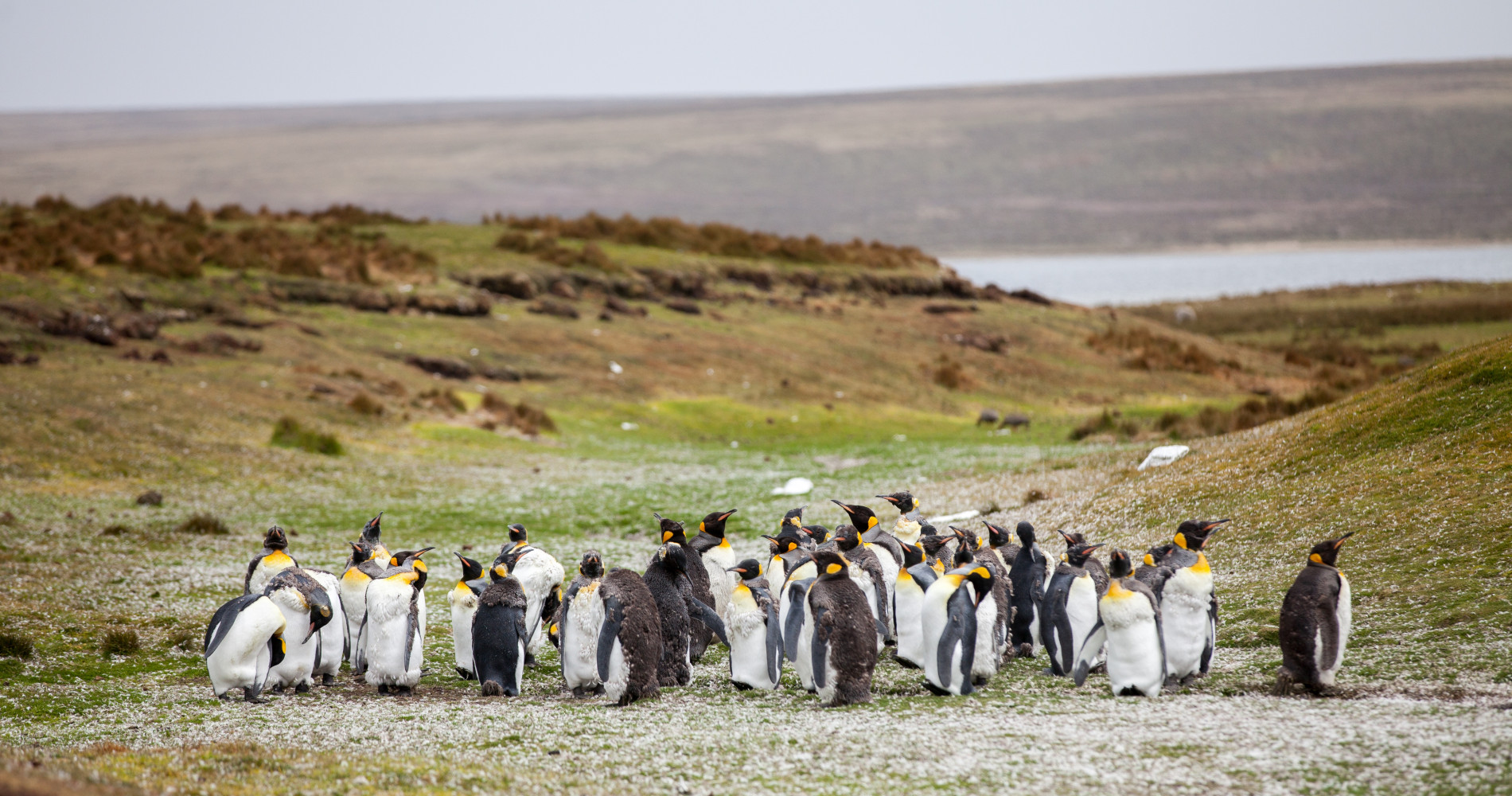
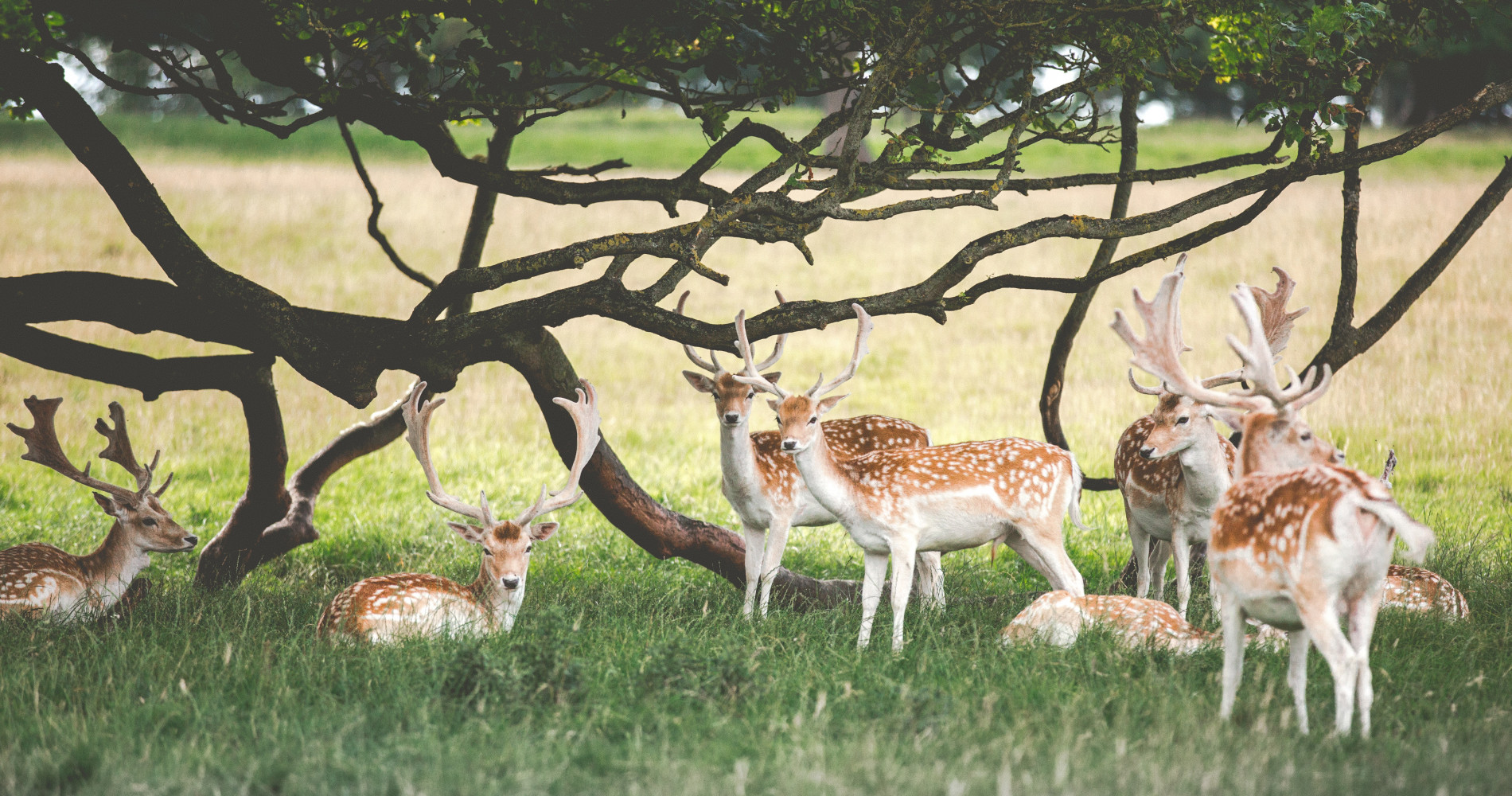
Look for reviews of this experience online, searching by the name of the operator, or the location where it takes place. Sites such as TripAdvisor are a good place to start. The feedback that you find should give you a decent indication as to whether this activity is one you should be getting involved with or not.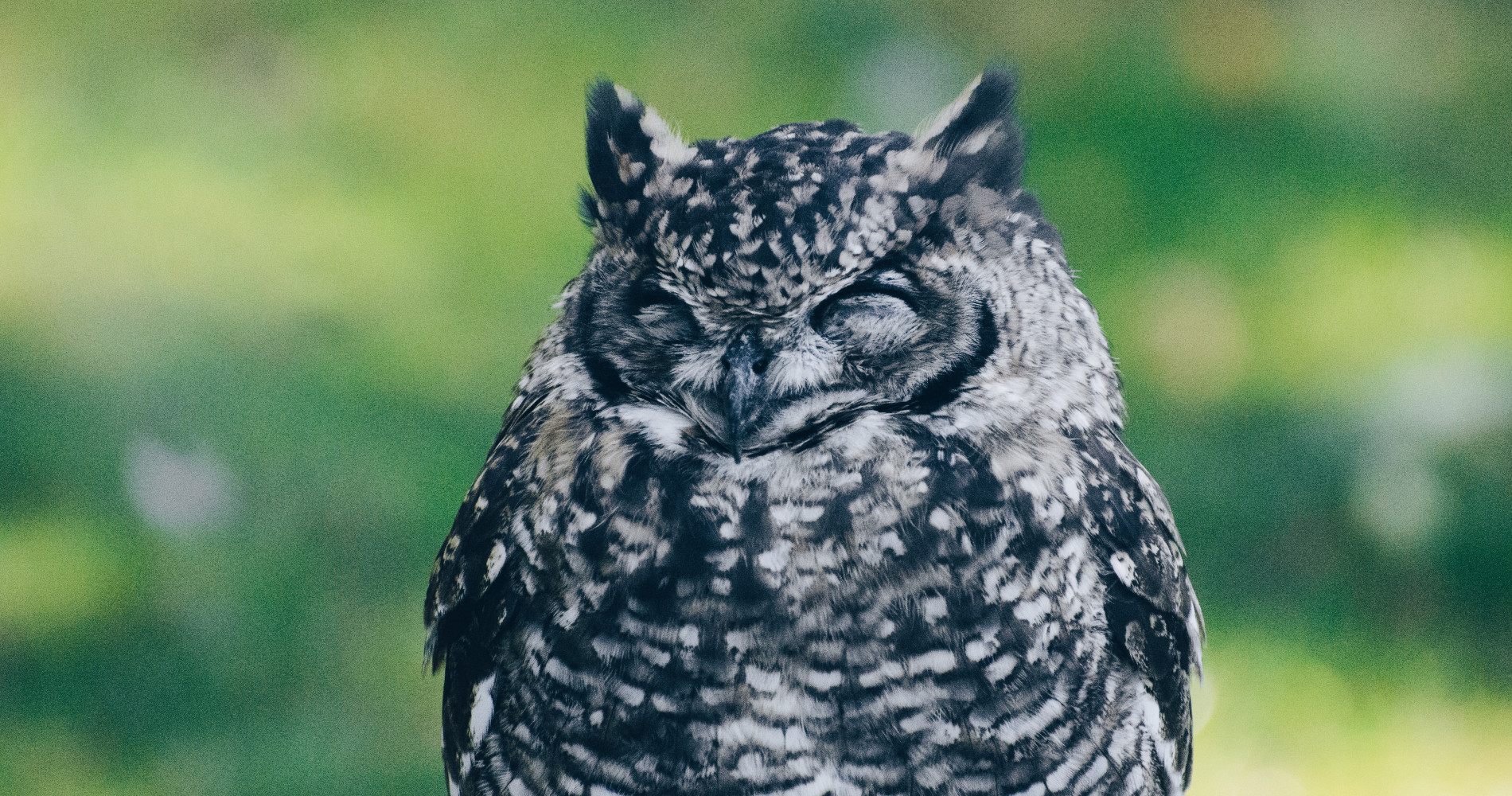
It can be tempting to pose for a photo with a cute koala in your arms, or freak out your folks with a huge boa constrictor draped around you shoulders, but the reality is that for the animal, these kind of experiences can be very stressful. To the untrained eye it is often next to impossible to know if an animal is ill-at-ease, so the best rule of thumb is to avoid any kind of activity where you are touching or getting very close to a wild animal.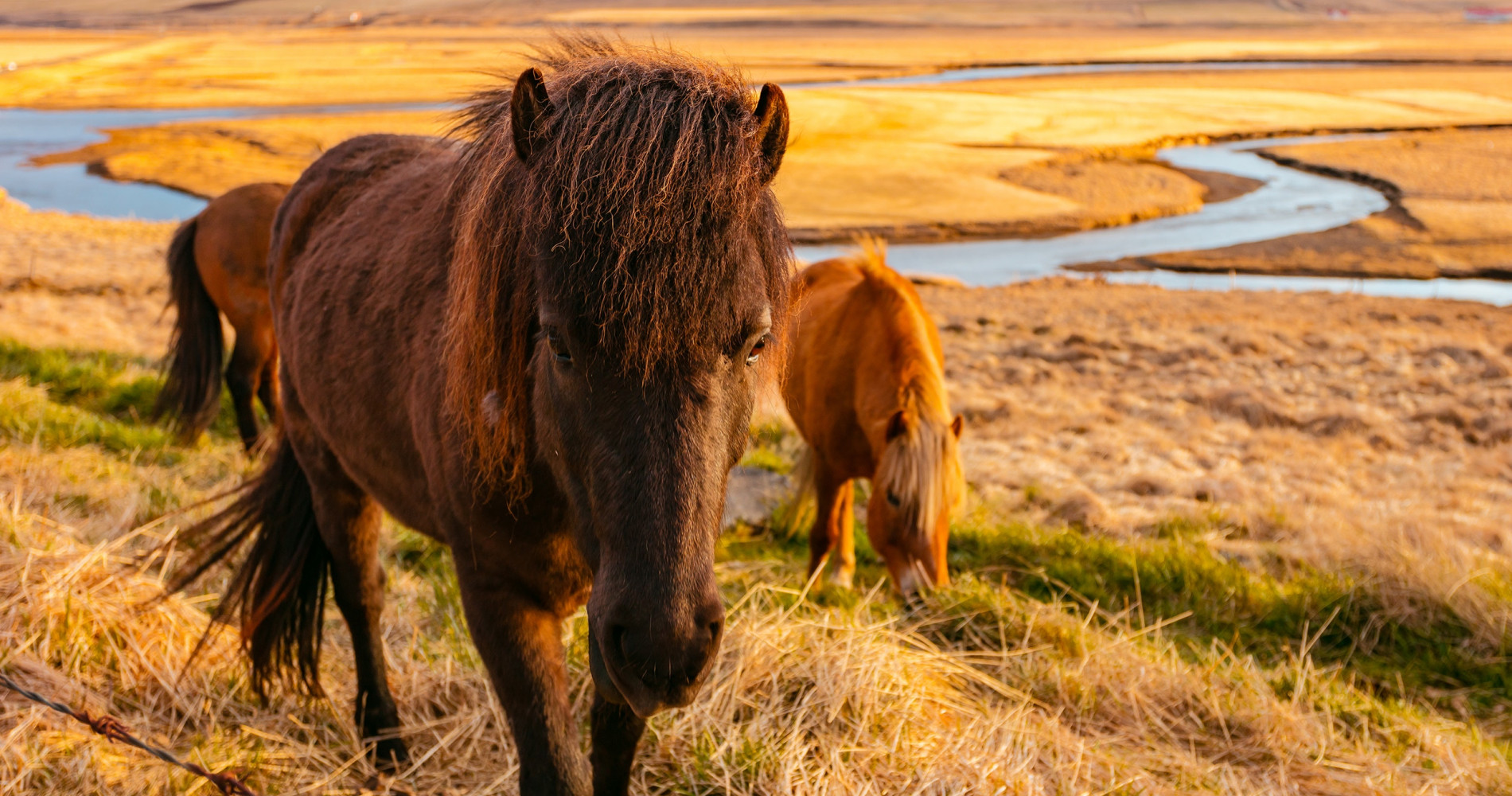
A wildlife activity that is genuinely interested in helping the welfare of animals will have strict rules about what you are and are not allowed to do around them. The operators will come across as responsible, and be able to provide you with plenty of information about the animals. If you’re watching a performance then the chances are these animals have been trained to do things against their natural instincts. Anything where the animal appears to be taking on human behaviour is a big red flag.
Don’t make the mistake of thinking that just because you’re in a different culture to your own that you have to accept poor treatment of animals. Traditional activities such as bullfighting, elephant riding, bear-baiting and cockfighting still go on in many parts of the world and should be avoided.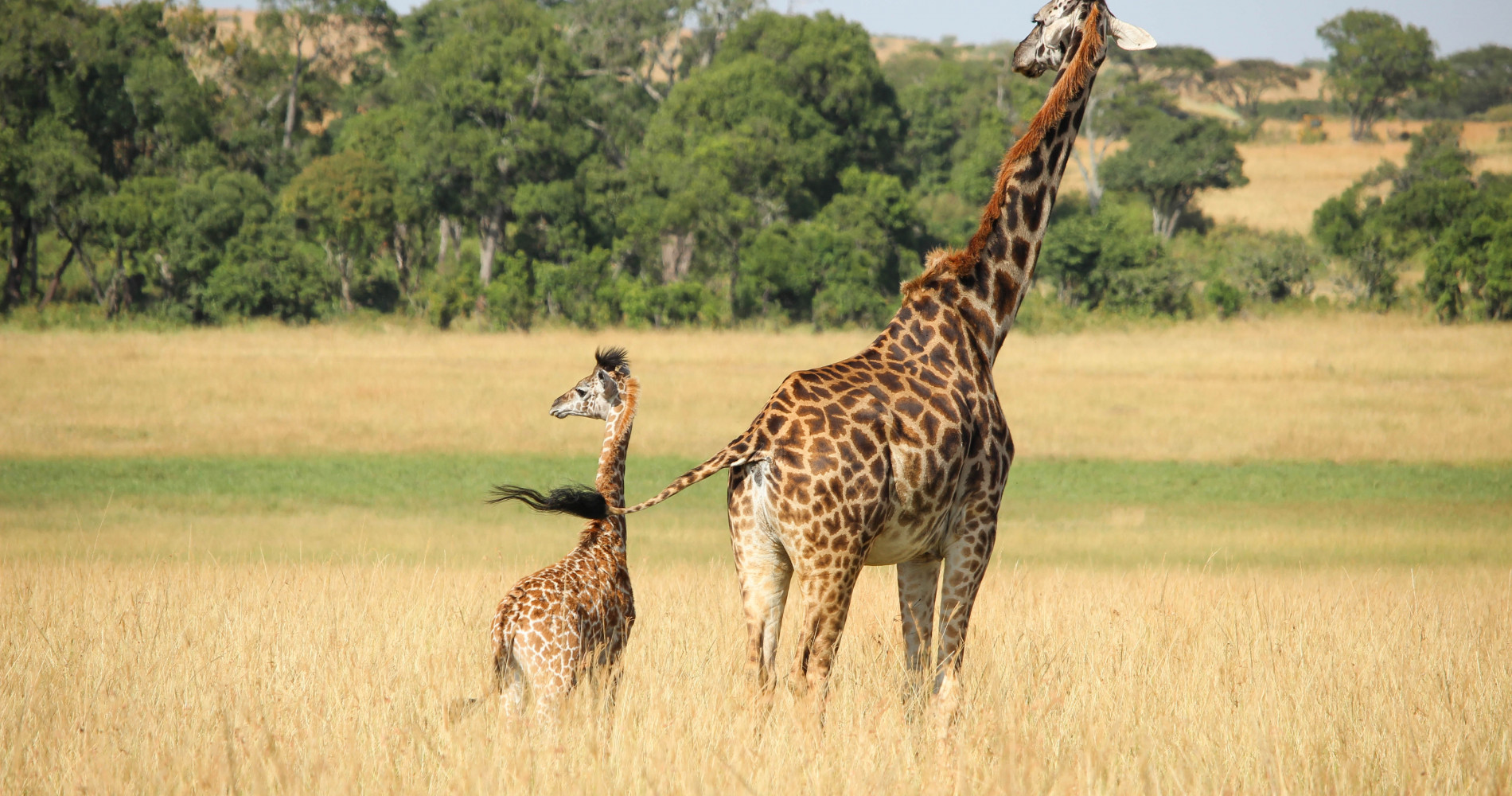
When you go on a safari, binoculars are essential. No responsible guide is going to let you get anywhere near the animals, for your own safety if nothing else. When people come into close contact with wild animals it affects their behaviour and can lead to them becoming used to it, which puts them at risk from poaching. If you’re taking a whale watching tour for example, then the boat pilot should stay well away from the pod at all times, and switch off the engines some distance away from them to avoid disturbing them or causing them injury.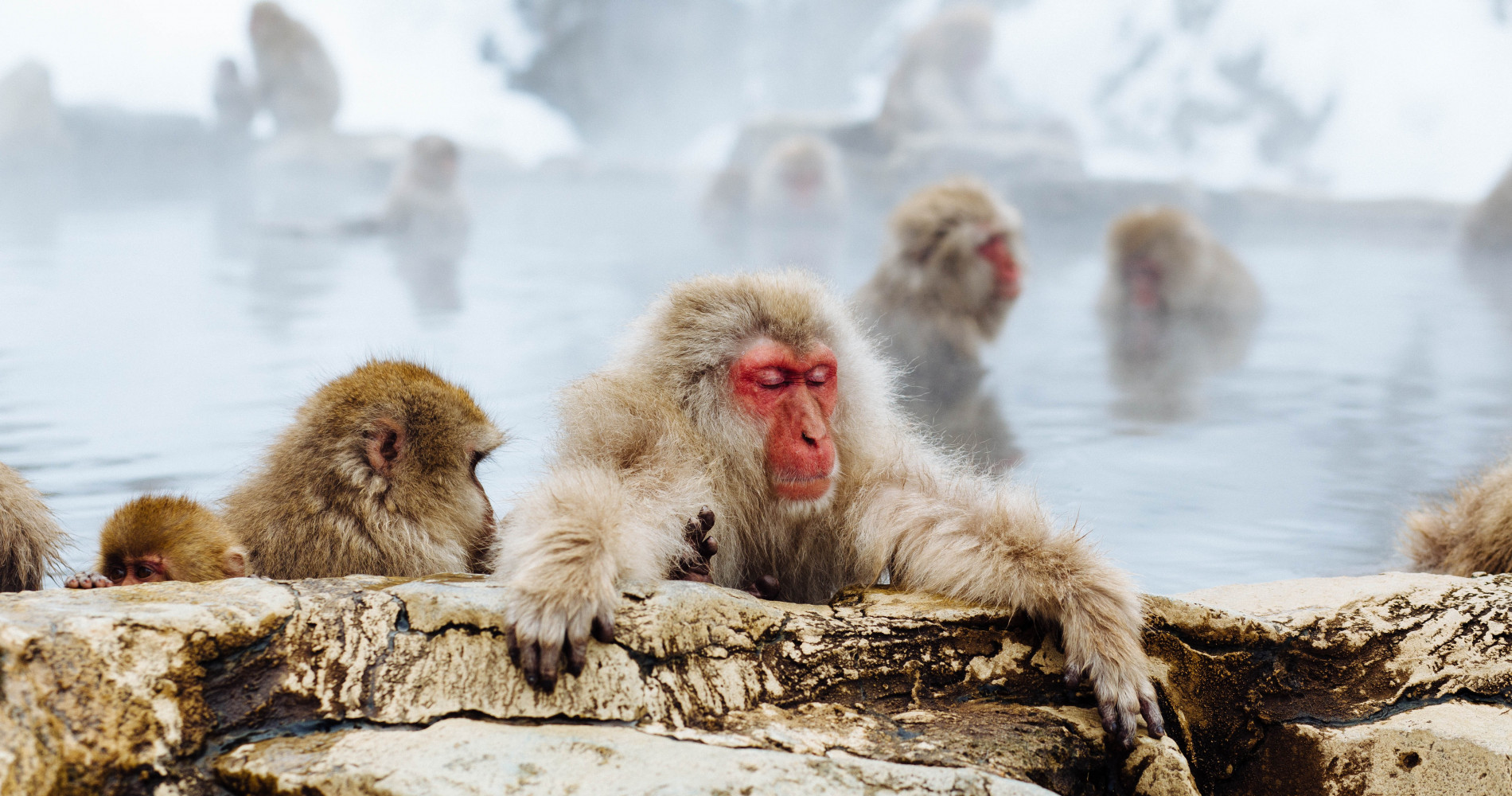
Sadly it’s still common to see animals kept in cages for entertainment purposes at hotels, restaurants and even shopping centres. Don’t give these places your business if you can help it. Also be very careful when buying traditional handicrafts as souvenirs, as many of them may be created from the shells, fur or skins of animals that have been hunted for that purpose. If you have suspicions that you’ve seen anything on sale that shouldn’t be, such as coral or ivory, then it’s worth reporting it to the authorities and finding a way to warn others online.
